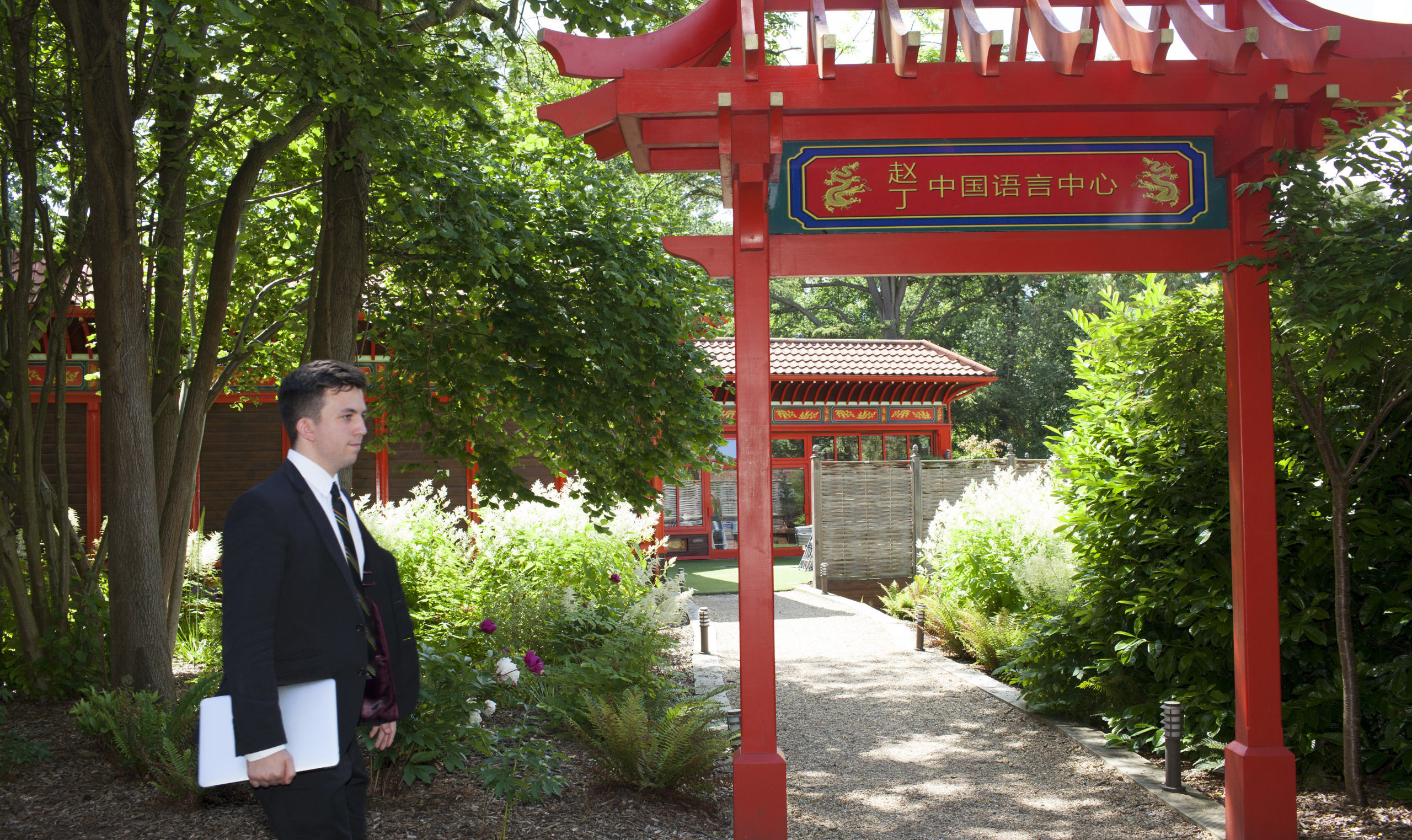We need to know more about China, both as individuals and as a country. We need linguists who can interpret its society and politics. It’s a scandal therefore that our exam system is making that task even harder than it needs to be and that the A-level Chinese which hundreds of students have received today has become little more than a scam.
This year, 1,349 students took A-level Chinese. While we don’t have a breakdown of the figures, anecdotal evidence suggests the majority of A-level Chinese candidates were native speakers of the language: Chinese citizens studying at British private schools. Further evidence for this comes from the change in the number of candidates for Chinese A-level during the Covid pandemic. In 2021 it fell by nearly 20%, down to 1,312 from the 1,617 who took it in 2020. Covid restrictions meant there were fewer Chinese students studying in British private schools. This year it rose by 3%.
In conversations with a few of these Chinese students, all expressed initial mystification about why they were obliged to take the A-level. Then they came to realise they were playing a game, both for themselves and for the schools they attend. One lesson a week on exam technique and regular practice on previous years’ papers help ensure that these students receive an A* or A grade. This year, entrants in “Other Modern Languages” received the highest proportion of A* grades (38.5%) and A or above (71%) of any subject.
Whatever grade they get, it’s a meaningless qualification for these native speakers. So, who is benefiting from this arrangement? The real beneficiaries are the private schools and the one exam board, PearsonEdexcel, that still offers A-level Chinese. The private schools are gaining an artificial boost to their exam statistics. A few native speakers getting top grades in a language exam helps to raise the schools’ overall A-level grade averages, which sounds good to the fee-paying parents of prospective students.
And PearsonEdexcel’s fee for each person taking A-level Chinese this year was £131.30. If the same number took the exam this year as last year, its gross income for the subject was around £170,000. While there were undoubtedly considerable costs for the company in preparing exam materials and marking, it’s not a bad business to be in.
But this scam is actively damaging the learning of Chinese in Britain. Because so many native speakers are being entered for the A-level by their private schools, the grade boundaries have increased to levels that are impossible for non-native speakers to match, so they are opting not to study it at all. The number of students taking Chinese A-level has plummeted from 3,443 in 2018 to 1,349 in 2022.
The Chinese teachers who are currently coaching native speakers in how to do British exams would much rather be teaching British students, but can’t get the numbers. Kerry Brown, Director of the Lau China Institute at King’s College, London agrees. “The A Level has been unfit for purpose for at least the last two decades… It is an infamously hard exam,” he says. Brown, along with Tim Clissold (author of the best-selling memoir on Chinese business Mr China), has been attempting to persuade the government and exam boards to create a new qualification, something along the lines of “Chinese civilisation”.
“We have lobbied on multiple occasions in order to get a second, less intimidating A Level. There would need to be teachers trained in it, schools willing to accept it, universities willing to recognise it, etc. That infrastructure would need investment.” But, as Brown ruefully notes: “Despite forever going on about how we need China knowledge and skills, a complaint going back well over a hundred years, this investment has never been forthcoming.”











Join the discussion
Join like minded readers that support our journalism by becoming a paid subscriber
To join the discussion in the comments, become a paid subscriber.
Join like minded readers that support our journalism, read unlimited articles and enjoy other subscriber-only benefits.
Subscribe